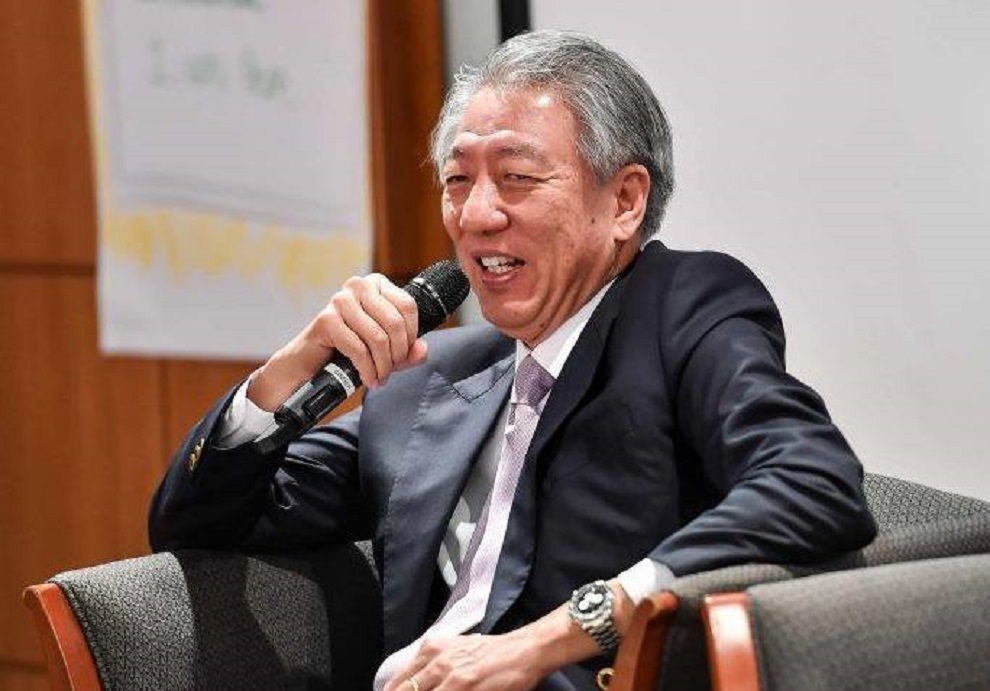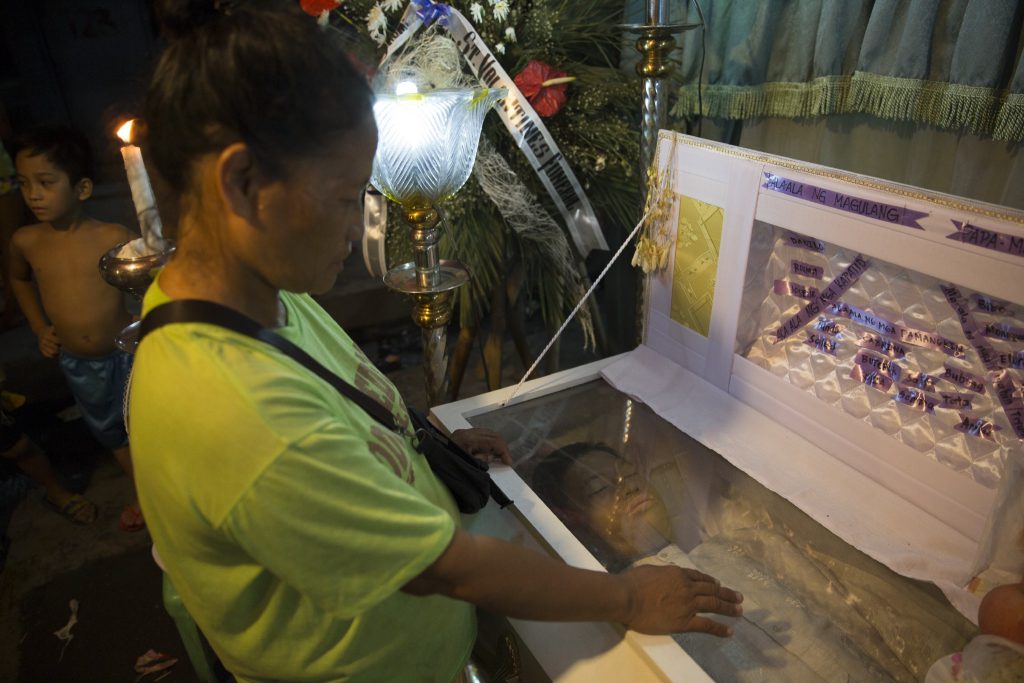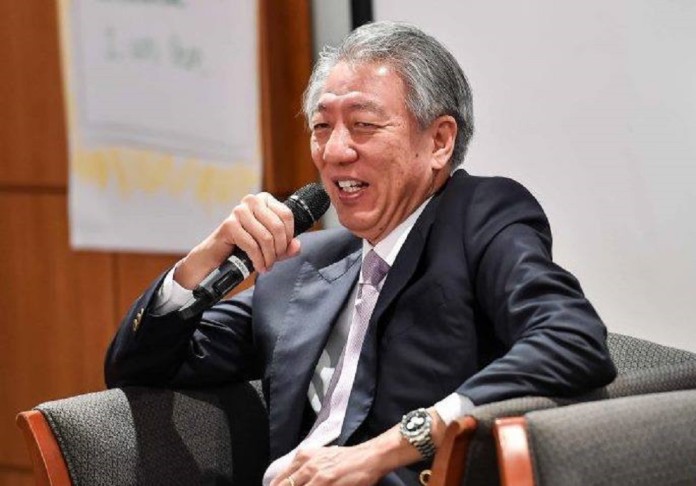LAST week, ASEAN ministers met in Singapore to discuss the newly launched regional 10-year plan to fight the drug menace.
Leaders at the 5th ASEAN Ministerial Meeting on Drug Matters assessed the current climate on drug issues facing the region, also reviewing the probabilities of significant policy change, and if alterations were a feasible option that would meet their concrete goals.
In an opening speech, Teo Chee Hean, Singapore’s Deputy Prime Minister and Coordinating Minister for National Security stated, “To achieve a drug-free ASEAN and prevent harm from drugs, we must tackle the problem at all levels.”

Singapore’s Deputy Prime Minister Teo Chee Hean. Pic via Facebook.
However, reviewing the conclusive agreement made by the ASEAN ministers, alternative approaches to drug policy did not appear to be something they intended to consider.
On the contrary, they reinforced the same methods towards drugs and are encouraging similar disciplinary measures.
The consensus to knuckle down on strict drug policy and encourage further criminalization appeared to resound with the leaders.
They confirmed the new 10-year plan to combat drug abuse and distribution, highlighting the need for ASEAN governments to stand together in rejection of any alternative solutions or legalization, sticking to the previous goal of forcefully ridding all drugs from region.
The ministers concluded that pursuing the reduction of opiates and methamphetamines were to be of main concern, fortifying stringent methods of deterrence with strict disciplinary actions.
More so, and contrary to countless Western studies, they also opposed any probability that cannabis has medicinal effects, encouraging complete rejection of possible legalization of the plant for any use.
“Aside from preventive drug education, we have also enhanced our enforcement efforts.
“We enhanced our laws in 2013 to impose harsher penalties for those who supply drugs to the young.” stated Amrin Amin, Singaporean Parliamentary Secretary, and Ministry of Home Affairs in a speech at the global meeting.
Many NGOs and civil society groups have urged ASEAN governments to endorse and protect the right to life, promote decriminalization and consider alternative health-focused solutions to drug reform.
SEE ALSO: Poll: Should Thailand legalize marijuana? Yes, most say
Last April, the UN General Assembly Special Session (UNGASS) stated that the objective of drug policy should improve the health and welfare of humankind. UNGASS also encouraged the importance of evidence-based drug treatment with rehabilitation opportunities, due-process, and to prevent cruel or degrading punishments.
“For decades, ASEAN has imposed a punitive and repressive approach that has only served to increase the stigma and dehumanization of people who use drugs, without improving the health and welfare of the communities in the region,” said Anand Chabungbam, Coordinator of the Asian Network of People who Use Drugs, encouraging ASEAN to reevaluate their measures on drug solutions.
“This region has some of the world’s highest rates of HIV and viral hepatitis among people who inject drugs, and governments must support the provision of harm reduction measures that have been emphatically proven to save lives.”
Ten years prior to the meeting, a stern plan was put forth endeavouring to rid all drugs from ASEAN by 2015.
The attempt, however, has clearly not been particularly successful, and has instead caused great harm to life throughout South East Asia, specifically in the Philippines, Malaysia, Thailand and Singapore where some of the harshest penalties for use can be found.

A mother mourns over the casket of her second son to be murdered by vigilantes near Road 10 Navotas, Manila. The drug war in the Philippines has led to the deaths of more than 3,000 suspects so far. Pic: Darius Askaripour.
In the Philippines, for example, more than 3,000 drug suspects have died in the five months after President Rodrigo Duterte took office in June. The president’s unorthodox crime-fighting methods have triggered the concern of Western governments but the leader has shown no sign of relenting.
SEE ALSO: Nearly 3,000 killed, Philippines declares drug war a ‘success’
At least weekend’s ASEAN meet, the same doggedness could be seen among leaders present. Regardless of the costs, ASEAN has decided to continue with their plan to rid drugs from the region by employing severe and often drastic measures.
The post At ASEAN meet, ministers stand firm on punitive measures for drug crimes appeared first on Asian Correspondent.





